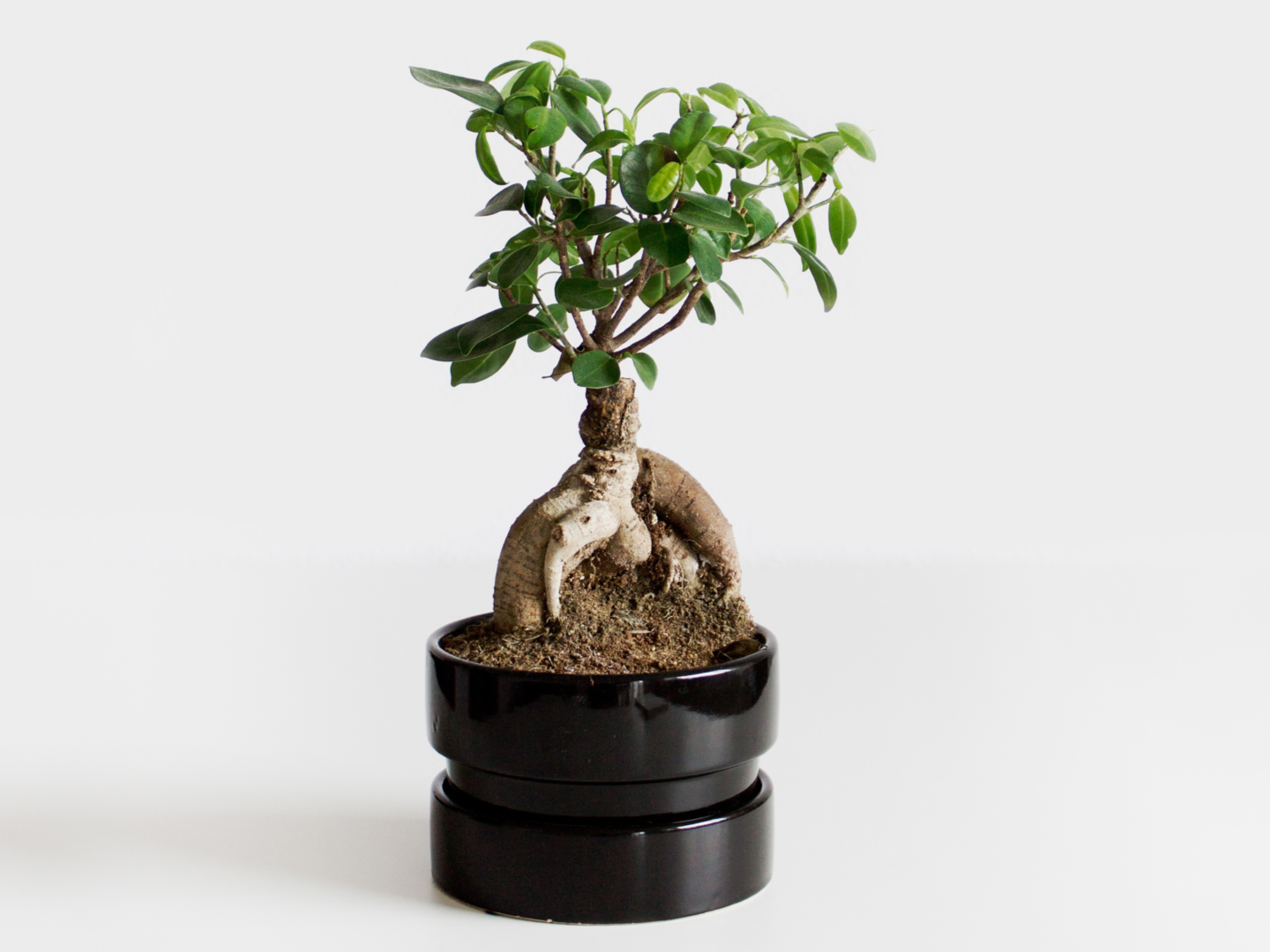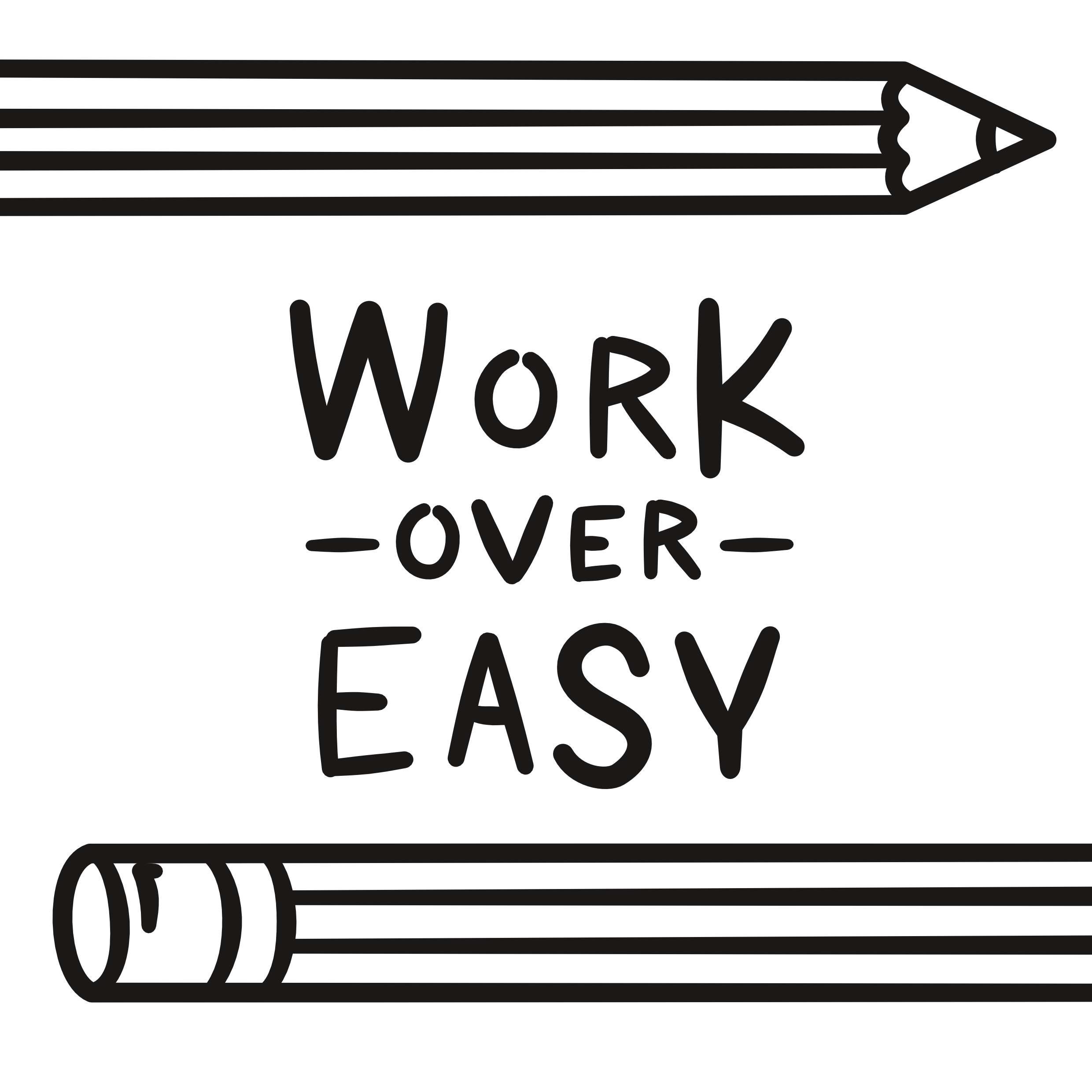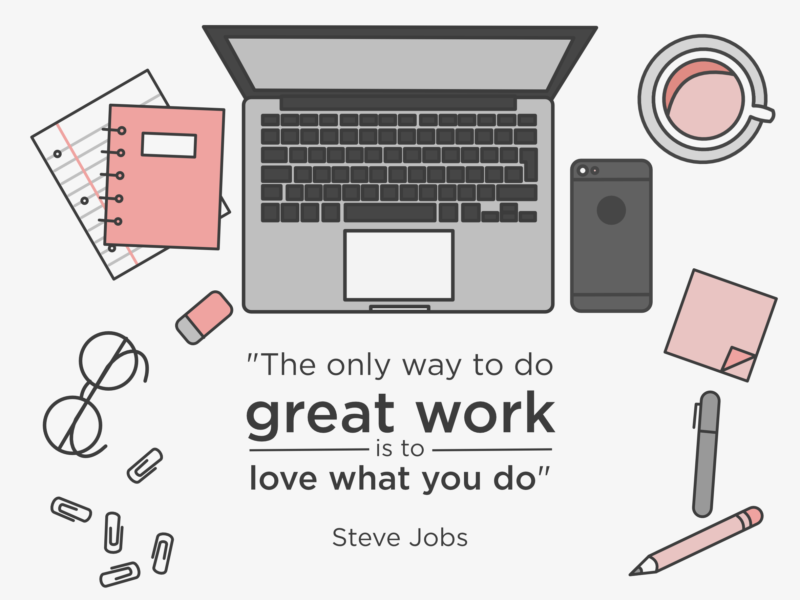I have done my fair few internships from art fairs, to magazines, to advertising, to design and beyond. I spent the summers of my youth trying to work out what I wanted to do next, and while I still don’t have an answer, I have learned a lot along the way about myself, about work, and about how to get the most out of an internship.
These are the key pieces of advice I would give to anyone preparing for a summer of going “Hi, I’m the new intern”.

BEFORE
DON’T WORK FOR FREE IF YOU CAN’T AFFORD TO
I’m a big believer in the idea that if you’re adding value to someone’s business you should be paid for it. And if you’re interning you should be adding value, not making tea. So, go for internships where you’re going to be paid. If you can’t find any, look for other ways to get experience – start doing the work for yourself, create your own projects. Not only will this give you hands on experience, being a self-starter who’s passionate enough to just go it alone will translate so well on job applications. As a very last resort, if you really want to get into an office and the only way to do is an unpaid internship, and you’ve asked if you can be paid and they’ve said no, please please please make sure it’s the most economical situation for you. Look for work near places you can stay cheaply, with parents or friends or in your own uni accommodation. Only work for a few days a week to allow you to do a paying job. You should never have to go into debt to work for someone.
BE DISCERNING
You don’t have to apply for all of the internships, you don’t have to apply for any at all if you don’t want to. I’ve always found it’s much better to apply to a selected list of places I actually love, and spending more and effort time on the applications rather than applying to loads and rushing them all.
TAKE A RISK
Interning is the time when you can go a bit wild in what you apply for. If there’s something out of your comfort zone, or your current trajectory but you really want to know more about it – apply! There is absolutely no harm in giving it a go. If you get it, you have the opportunity to know whether or not you like it, rather than regretting never knowing.
REACH OUT
This is something I learned when I was applying for jobs rather than when I was interning, but I wish I had thought about it before. If there’s a company who you really want to work for, write to them. Send them a CV, and a cover letter, and make it something they want to read. I sent out a couple of bespoke creative pieces and letters to companies I really loved and I heard back from them all, and most offered me work experience. While that wasn’t what I was after at the time, I wish I had done it when I was looking for internships.
DURING
GET INVOLVED
Say yes to absolutely every opportunity you’re offered. The more you say yes to, the more you have chance to do and the more you will learn. That means going for lunch with people and getting involved in the social scene as much as it does saying yes to working on anything and everything.
ASK QUESTIONS
This might be obvious, but you can never say it too much. Ask all of the questions. That means ask what something means when you don’t understand. Ask why you’re doing something a certain way if you don’t know. Ask what the next steps of what you’re working on will be. Ask how people do things. Ask what people would want to do with a project if money and time were no object. Ask what advice people would give to their younger self. Ask. Ask. Ask. Oh, and ask where the toilets are.
SET UP MEETINGS WITH EVERYONE
Some companies will do this automatically, but if they don’t, you should set up meetings with as many (senior) members of staff as you can. Then pick their brains about the business, their career path, the industry, the future and collate all of that information. You can learn so much if you take the time and make the effort just to speak to people, they really are where the value is.
ADD SOMETHING EXTRA TO EVERYTHING YOU DO
I was told to do this on my first grad rotation, and it has stood me in such good stead. Add something of yourself, or some added value to whatever you’re doing. That could be anything from adding your own recommendations to a piece of research, to adding summaries at the start of long documents, to pulling out next steps from meeting notes, to seeing there’s a problem in a process and offering a solution. If you add a little bit extra to everything you’re asked to do, you’ll be valued and you’ll be remembered
BE HEARD
I am particularly bad at this still, but make sure you speak up in meetings. You are important, and the things you have to say deserve to be heard. If, like me, you find doing that really intimidating, prepare for meetings by writing down your thoughts and doing a bit of extra research (if you can come armed with numbers always do) on the topic that way you have ideas before you go in.
WRITE EVERYTHING DOWN
This one has two parts. First, write everything down when you’re working. Hear a term you don’t understand? Write it down and ask about it later or google it. Given a task? Write it down so then you know what you’re doing in 3 hours time. Sitting in on a meeting? Write down what happened, it gives you notes to refer to next time and means you can share action points and be more helpful. You get the idea.
Second, write down everything you do and everything you feel about the job as you go. If you’re using your internship to work out if you like a career, this will be absolutely invaluable in the future. It’s easy to look back on things with rose tinted glasses, or to focus on that one thing that went wrong on your last day rather than the overall experience. Having those records to refer to will help give you a truer picture of how you felt when you were actually doing it. Plus, having a record of everything you did and learned is so useful when you’re applying for more jobs and you need to give examples in interviews or on application forms.
AFTER
STAY IN TOUCH
One of the key pieces of advice I have is to stay in touch with the people you worked with, especially if you’re planning on getting into their industry but even if you’re not. The people I’ve met while I’ve been interning have given me career advice, specific tips and tricks and helped me when I was in need of information on another sector. As long as you don’t just pester them, and you give something back whether that’s buying them a coffee when you meet, or offering to help future interns, or sharing your new found wisdom, they are more likely than not going to be happy to help – plus who doesn’t love feeling like they’re wise and admired?



Love this blog!
Thanks so much for all of your support Zed, it means a lot!